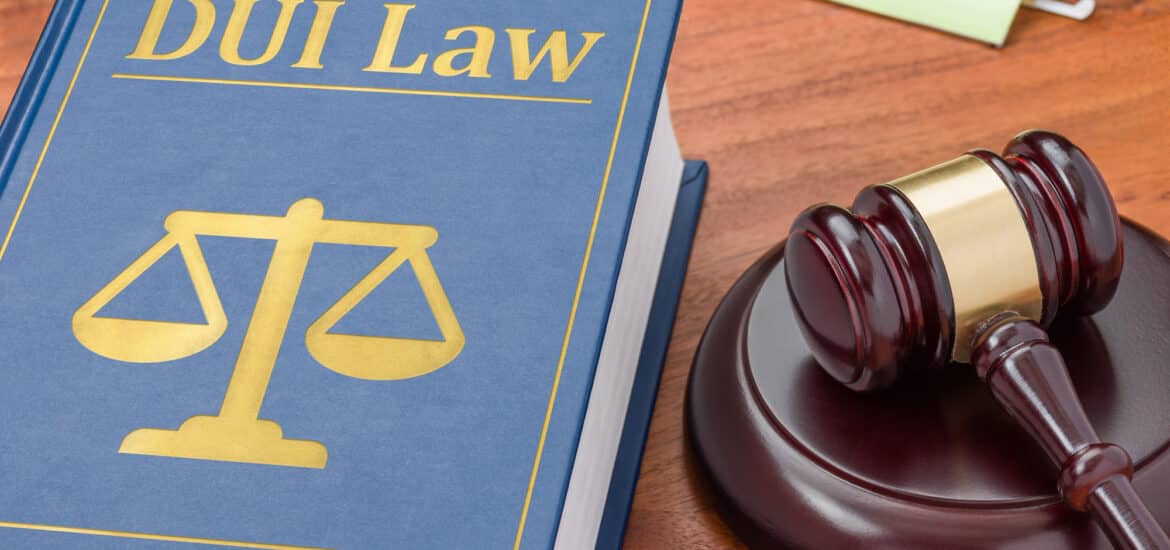The consequences of driving under the influence (DUI) are severe and far-reaching. Not only does it endanger the lives of drivers, passengers, and the public, but it also results in significant legal ramifications. The legal system takes DUI charges very seriously, with an increasing focus on road safety. As such, understanding the intricacies of DUI lawsuits and your rights can be pivotal if faced with such circumstances.

Here’s what you need to know about DUI lawsuits and your rights.
The Basics Of DUI Charges
In the United States, driving under the influence is typically characterized by operating a vehicle with a blood alcohol concentration (BAC) of 0.08% or higher. However, it’s important to note that the specifics of DUI laws vary from state to state. Many states also penalize drivers for the mere presence of drugs or controlled substances in their system while behind the wheel.
Moreover, when individuals are charged with DUI, they’re not just at risk of facing criminal penalties. Generally, they find themselves on the receiving end of civil lawsuits from victims or their families seeking compensation for damages or injuries. It’s during such times that legal counsel becomes paramount. Interestingly, the demand for experts in fighting DUI lawsuits in Los Angeles or wherever you may be located has seen a marked increase, reflecting the complexity of navigating DUI cases in large metropolitan areas.
DUI And Civil Lawsuits
Apart from the criminal aspect of DUI, many individuals are unaware of the potential for civil lawsuits. If an incident results in property damage, injuries, or fatalities, the impaired driver can be sued for damages in a civil case. This lawsuit aims to recover medical expenses, lost wages, and compensation for pain and suffering, which can help the affected party heal and move forward.
Your Rights After A DUI Arrest
Being arrested for a DUI can be an overwhelming experience, filled with confusion and uncertainty. However, it’s essential to remember that even when faced with a DUI charge, you still have fundamental rights guaranteed by the Constitution. These include:
- Right to Remain Silent: Often heard in movies and TV shows, this right is paramount. When detained or arrested, you aren’t obligated to answer any questions law enforcement poses, especially those that might incriminate you. While you should be respectful, remember that you can, and often should, wait to speak until you have legal representation present.
- Right to Legal Representation: This can’t be stressed enough. Whether facing interrogation or court proceedings, you can have an attorney by your side. If you can’t afford one, the court is required to provide you with a public defender. While some may opt to represent themselves, the nuances of DUI cases typically require expert legal knowledge for the best defense and favorable outcome. An experienced DUI lawyer can help assess the strength of your case, negotiate plea deals, and represent you in court.
- Right to a Fair Trial: You’re entitled to have your case heard in a fair and impartial manner. This includes the right to a jury trial in many situations, the ability to present your own evidence, cross-examine witnesses, and challenge the prosecution’s evidence against you.
- Right to Due Process: This means you must be informed of the charges against you, have adequate time to prepare a defense, and not be subjected to double jeopardy or being tried twice for the same crime.
- Right to Refuse Field Sobriety Tests: While refusing these tests can have consequences, such as immediate license suspension in some states, you do have the right to decline them.
By keeping these rights in mind, you’ll be better prepared if you find yourself arrested and charged with driving under the influence of drugs or alcohol.

The Consequences Of DUI Convictions
A DUI conviction doesn’t end once the court proceedings are over. The ramifications are extensive and can impact various aspects of your life, professionally, personally, and financially. The following are the DUI consequences you should be wary of:
- Criminal Record: Having a criminal record can close numerous doors. Many employers conduct background checks, and a DUI conviction can be a significant red flag. This can lead to difficulty in securing jobs, especially those that involve driving or heavy machinery.
- Financial Penalties: The immediate financial strain from fines can be burdensome. However, there are also long-term financial implications. For instance, if a civil lawsuit arises from the DUI incident, you might have to pay for damages, which can be exorbitant.
- License Suspension: Losing driving privileges can hamper daily life, making it challenging to get to work, school, or other essential commitments. In some cases, you might qualify for a restricted license, which allows you to drive to work or school, but this varies by jurisdiction.
- Mandatory Programs: These programs and classes, whether educational, rehabilitation, or counseling, often come at the defendant’s expense. They also require a time commitment, further affecting daily life.
- Jail Time: Serious or repeat offenses can lead to incarceration. This can result in lost wages, strained personal relationships, and other significant life disruptions.
- Insurance Rates: After a conviction, auto insurance rates can surge. Many insurance companies view DUI convicts as high-risk drivers, leading to increased premiums. Some insurance providers might even drop policies altogether.
- Ignition Interlock Devices: Some states require DUI offenders to install these devices in their vehicles. They function by requiring the driver to blow into them, ensuring they aren’t under the influence before the car starts.
These are the legal and personal consequences of getting charged with and convicted of DUI offenses.
Final Thoughts
While the implications of DUI charges and convictions are severe, every individual possesses specific rights that must be upheld throughout the legal process. By recognizing these rights, alongside understanding the potential outcomes, you can navigate the complexities of DUI lawsuits.
Moreover, having an experienced legal representative can significantly impact the course and outcome of the case, ensuring that you receive a fair and just trial.

